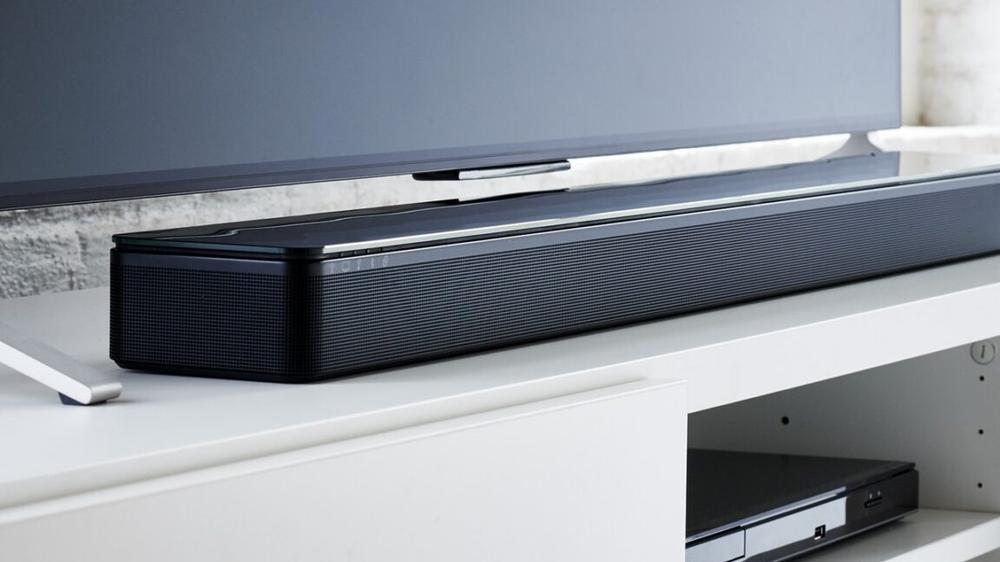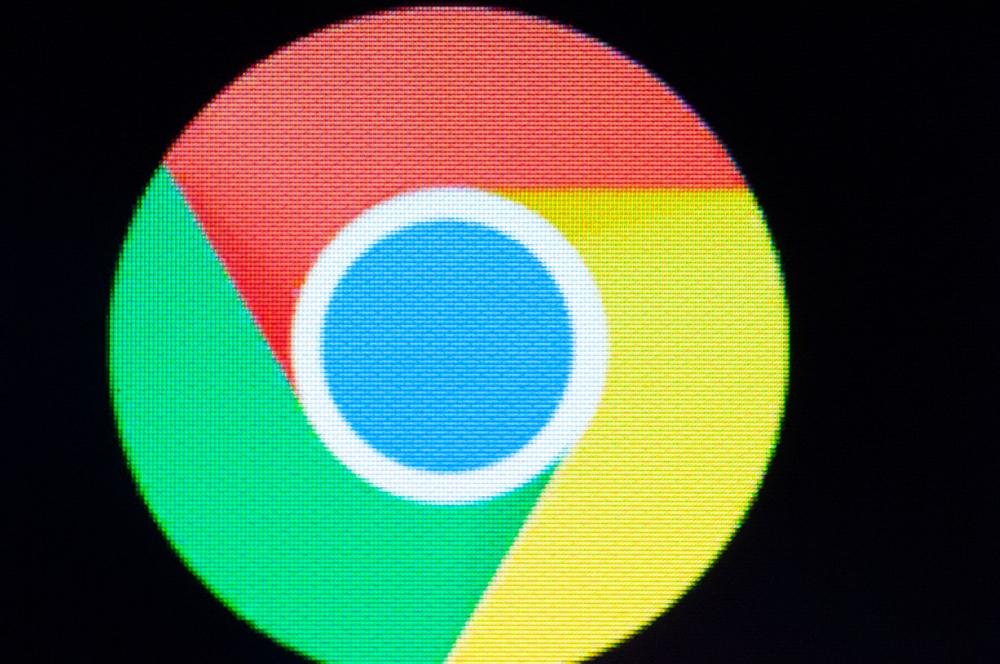Bose will brick key features of its SoundTouch Wi-Fi speakers and soundbars soon. On Thursday, Bose informed customers that as of February 18, 2026, it will stop supporting the devices, and the devices' cloud-based features, including the companion app, will stop working.
The SoundTouch app enabled numerous capabilities, including integrating music services, like Spotify and TuneIn, and the ability to program multiple speakers in different rooms to play the same audio simultaneously.
Bose has also said that some saved presets won’t work and that users won’t be able to change saved presets once the app is gone.
Additionally, Bose will stop providing security updates for SoundTouch devices.
The Framingham, Massachusetts-headquartered company noted to customers that the speakers will continue being able to play audio from a device connected via AUX or HDMI. Wireless playback will still work over Bluetooth; however, Bluetooth is known to introduce more latency than Wi-Fi connections.
Affected customers can trade in their SoundTouch product for a credit worth up to $200.
In its notice sent to customers this week, Bose provided minimal explanation for end-of-life-ing its pricey SoundTouch speakers, saying:
Bose SoundTouch systems were introduced into the market in 2013. Technology has evolved since then, and we’re no longer able to sustain the development and support of the cloud infrastructure that powers this older generation of products. We remain committed to creating new listening experiences for our customers built on modern technologies.
Ars Technica has reached out to Bose for comment.
“Really disgusted”
Bose launched SoundTouch with three speakers ranging from $399 to $699. The company marketed the wireless home audio system as a way to extend high-quality sound throughout the home using Wi-Fi-connected speakers.
In 2015, Bose expanded the lineup with speakers ranging from $200 to $400 and soundbars and home theater systems ranging from $1,100 to $1,500.
By 2020, however, Bose was distancing itself from SoundTouch. It informed customers that it was “discontinuing sales of some SoundTouch products” but said it was “committed” to supporting the "SoundTouch app and product software for the foreseeable future.” Apparently, Bose couldn’t see beyond the next five years.
People who have spent hundreds or even thousands of dollars to equip their home with SoundTouch audio have been frustrated about their gadgets losing some of their most coveted features soon. One person who claimed to have spent “over $1,500” on SoundTouch products less than a decade ago, for instance, said via Reddit:
I'm really disgusted with Bose about this. … [This] is enough to make me never buy another Bose product again.
Some are suggesting that Bose should decide to open source the DevKits for SoundTouch speakers so that its owners can continue to support the speakers. However, Bose has shown no sign that it would be willing to do this.
App-arently not enough
Bose has confirmed that after it kills the SoundTouch app, SoundTouch speakers won't work with the newer Bose app.
The Bose app (originally called Bose Music) launched three years after the most recent SoundTouch release. Bose built the app for the Bose Home Speaker 500, Bose Soundbar 500, and Bose Soundbar 700 products, which came out that same year. Since then, Sonos has released more speakers and soundbars that were made with the Bose app in mind. The app supports all of the home theater speakers and systems currently listed on Bose’s US website.
Bringing SoundTouch devices from the SoundTouch app to the Bose app could have extended the speakers’ lives. However, getting older speakers to work with newer software is complicated, as Bose rival Sonos made painfully clear last year.
Sonos lost a fortune and massacred its reputation when it launched a new app that failed to work properly with many devices. Sonos built the app to support new product releases but overlooked functionality with other, especially older, products. Amid the mayhem, Sonos explained that redesigning a companion app for high-end audio can include many complex parts—including redesigning the app, the cloud infrastructure, and the player side of internal systems—and requires extensive testing across dozens of devices.
Getting the Bose app to support aging SoundTouch speakers may not be feasible. And maintaining the infrastructure for a dedicated SoundTouch app may no longer be sustainable or affect enough customers to be worthwhile for Bose.
This is still grim news for SoundTouch users whose smart speakers will become regular dumb ones through no fault of their own. On the bright side, these customers have received more notice than the owners of other smart home devices that have been bricked.

 Google Chrome silences those pesky notifications
Google Chrome silences those pesky notifications